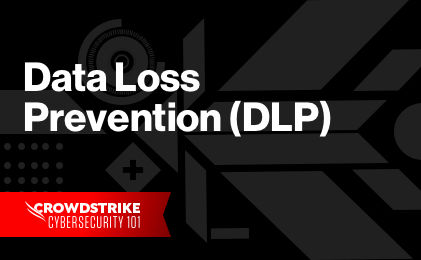What Is Data Compliance?
Data compliance is the practice of ensuring that sensitive and protected data is organized and managed in a way that enables organizations and government entities to meet relevant legal and government regulations. In many ways, you can think of data compliance as a set of detailed rules (often called protocols, standards, or requirements) that are designed to safeguard personal data and information.
Data compliance requirements vary depending on the regulation, but, generally, most define (1) how data is collected, used, and stored, and (2) the processes organizations should adopt to ensure the data is protected against loss, theft, and misuse.
Why Do Businesses Need Data Compliance?
From sending instant messages and emails to using word processing, spreadsheets, and an endless number of other types of digital data, creating and using digital information is ubiquitous with the way we work today. This seismic shift to organizations digitally storing customer information, credit card numbers, and other financial details along with the mass move to ecommerce and transacting online has created the need for oversight on how organizations are handling and protecting their data.
Ultimately, when a customer gives their personally identifiable information (PII) as part of a transaction, it comes with a responsibility for the organization to safeguard that information and ensure it doesn’t fall into the wrong hands like those of cybercriminals. When organizations adhere to data compliance requirements, it enables several benefits:
Prevents Data Breaches
Data compliance ensures that organizations are applying good security practices to keep the company’s data safe and to protect it against a breach. It’s an essential business practice and demonstrates that an organization is a good steward that acts responsibly in handling confidential and customer data.
Improves and Streamlines Data Management
Data management is the process of ingesting, storing, organizing, and maintaining the data created and collected by an organization. Effective data management is a crucial part of meeting data regulatory requirements, and it not only supports the compliance effort but also improves the company’s data handling processes throughout the data lifecycle — from creation to destruction.
Builds Brand Loyalty
Today’s organizations operate in highly competitive markets, which means consumers also have a lot of options in brand choice. When organizations demonstrate to customers that they apply good practices for following data compliance requirements, they can improve the trust in their brand, which, in turn, leads to higher customer retention rates.
Attracts Quality Employees
A company’s compliance attestations and certifications are a testament that the organization takes data compliance seriously, and they’re also an indicator that the company applies thoughtful practices for its data management and other operations. These are attractive factors for job applicants and can weigh favorably in helping an organization attract and retain top-performing employees.



